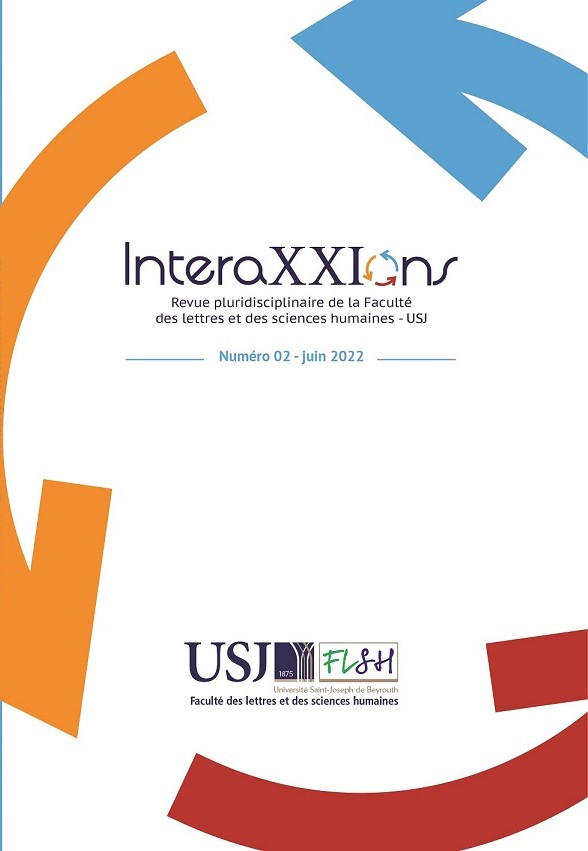Abstract
In this article, we will tackle social acceptability (cultural/psychological) in Lebanon because it experiences similar challenges and opportunities that other Arab countries encounter in their acceptance or rejection of human-machine interaction (Dajani, 2016) and the reasons behind their attitude. For this purpose, a questionnaire was distributed to 805 Lebanese participants working in different fields and companies to collect required data for this research. A series of analyses of variance were performed to test four hypotheses of the model concerning age and culture of the respondents, their technology avoidance attitudes/ privacy concerns, and finally the effect of the language used by the virtual assistant and the dialect of the user.

